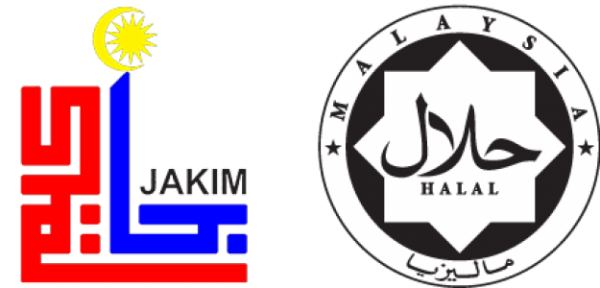Inefficiencies at JAKIM are jeopardising halal integrity
Promised reforms to JAKIM’s Halal Unit not solving problems
According to the Department of Islamic Development’s (JAKIM) own Halal Malaysia Directory many well known branded products are currently not certified halal. These products were certified and labelled halal in the market place, and most still are being sold to consumers. However, for some reasons these products had their halal status revoked.
Over, the last couple of years JAKIM have made a number of announcements about improvements to their halal systems managed by Marzuki Bin Hassan, director of the Halal Unit. The unit was formally managed by Dr Sirajuddin Bin Suhaimee, who was moved out of the unit after allegations of corruption were made, and a formal ministerial inquiry into alleged corruption of Foreign Certifying Bodies (FCB) was conducted last year, at JAKIM’s sister organization Majlis Ugama Islam Singapura (MUIS) in Singapore, where key personnel were moved.
Last November, prime minister Ismail Sabri Yakoob announced that JAKIM would improve three mechanisms to improve quality standards and safety assurances for halal products. This was in response to corruption allegations and the meat substitution scandal back in 2020, which led to widespread community condemnation at the time.
The announcement of the implementation of the Malaysia Halal Certification Procedure Manual 2020 and the Malaysia Halal Management System 2020 was promoted as mechanisms to strengthen JAKIM’s weaknesses in Halal management.
Within the above package, it was also announced JAKIM was spending RM 3.4 million to create an integrated Halal Information System.
However, at the time of writing, there appears to be little of this system visible on the JAKIM website, especially the application where consumers can check the current halal status of any product in the Malaysian market. Software on the JAKIM halal website appears to more than a generation old.
In the market today, there are hundreds of products on sale with expired or cancelled halal certification. After some inquires with industry sources, the far majority of situations where products are no longer certified halal is solely due to the backlog JAKIM is facing with product halal renewal procedures. Many officers responsible for halal certification within Malaysian companies vented frustration in dealing with JAKIM. Some companies even went as far to claim they were being given low priority by JAKIM because their companies are non-Bumiputera owned.
However, some halal certifications have been withdrawn or suspended for other reasons. One company’s products were found to contain pork DNA residuals after analysis. Other JAKIM halal certifications were suspended for unknown reasons. A list of companies with unclear halal status over the last 30 days on the JAKIM database is shown below.
Coca Cola Bottlers Sdn. Bhd.
Tea Garden Restaurant Sdn. Bhd.
Sing Long Food Products Sdn. Bhd.
Lee Kum Kee Foods Sdn. Bhd.
Family Confectionery Sdn. Bhd.
Simplysiti Sdn. Bhd.
The Coffee Bean & Tea Leaf Sdn. Bhd.
PepsiCo Malaysia Sdn. Bhd.
Pizza Hut Restaurants Sdn. Bhd.
Sandakan Edible Oil Sdn. Bhd.
Empire Sushi Sdn. Bhd.
Focal Marketing Sdn. Bhd.
A&W Malaysia Sdn. Bhd.
Jiwa Perangsang Sdn. Bhd.
M&S Food Industries Sdn. Bhd.
San Francisco Coffee Sdn. Bhd.
SDS Food Manufacturing Sdn. Bhd.
Frasers Paradise Sdn. Bhd.
Happy Angeles Cake House Sdn. Bhd.
Mahasuri Trading Sdn. Bhd.
Ah Cheng Laksa Sdn. Bhd.
Hup Seng Sdn. Bhd.
Le Petit Four S/B
Love a Loaf Bakery Sdn. Bhd.
Perak Duck Food Industries Sdn. Bhd.
Unilever Holdings Sdn. Bhd.
This creates a major integrity issue, where consumers don’t know the true situation about the halal status of a product in the market. Some manufacturers claim their product is registered halal, but for some reason, most probably a backlog in work at JAKIM this is not reflected in the database. This also puts the integrity of companies in question, most of which have worked very hard to develop first class halal credentials.
Word around the international halal industry is that Malaysia’s system has a crisis of credibility. This backlog is occurring at a time where JAKIM is trying to promote its halal certification as a world standard leader.
Click on subscribe so articles can be directly emailed to your inbox:




